|
06 Dec 2016 - Hyderabad A WILDERNESS FIRST AID COURSE - WFA was organized in Hyderabad by CELOL ( Centre for Experiential Learning and Outdoor Leadership) in partnership with Hanifl Centre and AERIE Backcountry Medicine, USA. This course comprised of a 16-hour (WFA) module and a 4-hour Cardio Pulmonary Resuscitation (CPR) module and is accredited by Wilderness Medicine Society (WMS) and American Heart Association (AHA). The Wilderness First Aid certification is a mandatory qualification for anyone leading, organizing and facilitating activities in the outdoors. The 2& ½ Day Wilderness First Aid program was held at Oakridge International School, Gachibowli on the 2-3-4 December and was attended by 25 professionals and enthusiasts from the outdoors, adventure, travel and fitness communities . The workshop included a 20 Hour Curriculum integrating classroom instruction with scenario based learning and included the following. Patient Assessment & Extended Care Injury/ Illness Identification & Management, including: Shock, Spinal, Head, Chest, Wounds, Fractures, Cold, Heat, Lightning, Altitude, Drowning, Anaphylaxis, Bites, Stings, Medical Cardio-Pulmonary Resuscitation (CPR) Emergency Response Procedures and Evacuation Participants were given certificates after passing an evaluation demonstrating their confidence and competence in doing patient assessment in different scenarios and providing appropriate first aid as per the scope of the WFA course. The course also focused on making improvisations in remote environments including lifting and evacuation techniques in the wilderness areas to reach out to the nearest medical care facility. Course Facilitators were Mr. Shantanu Pandit and Mr. Akshay Shah, Instructors with NOLS, Hanifl Outdoor Centre and Woodstock School Mussoorie About: CELOL (Centre for Experiential Learning and Outdoor Leadership) www.celol.org is a Hyderabad based initiative by Diyanat Ali, Founder Great Hyderabad Adventure Club to promote experiential learning and outdoor leadership to build a community of professionals. CELOL focuses on sharing best practices, mentor and coach aspiring trainers and leaders so that they will learn both theoretical and practical approaches for experiential and outdoor education. The Hanifl Centre for Outdoor Education and Environmental Study was initially built to extend Woodstock Schools curriculum and to provide a facility and a programme through which students can learn about the Himalaya and develop their skills and knowledge in outdoor education. AERIE BACKCOUNTRY MEDICINE: Based in Missoula, Montana, Aerie provides wilderness and rural medical training and first aid supplies to over 2,000 students a year throughout the United States, Mexico, Central America, Africa and India. Aerie is operating for 20 years with over 10,000 graduates. Aerie is unique in the wilderness medicine training world - small enough to focus on individual students and large enough to be involved in all levels of the outdoor industry and its training needs. Photo Gallery
5 Comments
Celebrating the experience of learning. - By Carl Ebenezer Management Consultant, Tom Peters said, ‘Celebrate what you want to see more of.’ No better way to celebrate the New Year & the festive season, than by celebrating the experience of learning. For three days starting from 8th till 10th of January, led by the Chief Facilitator Vishwas Parchure, CELOL (Centre for Experiential Learning and Outdoor Leadership) had organized a workshop ‘Certificate in Experiential Education & Practice (CEEP)’ at Pebble Creek School, Hyderabad. CEEP brought together participants from diverse back grounds like Executive Coaches, School Educators, Corporate Trainers, OB Consultants and the like both from within & outside Hyderabad. Experiential educators create experiences, not just activities.’ was very true of Vishwas, when he tried to connect the experiences and methodologies of the Waldorf & Montessori educators using the ‘Heart, Head, Hand’ model which essentially starts with belief that ‘The gateway to learning is through feeling/emotion’ where the role of ‘The facilitator is to be an enabler of the process while being detached from the outcome.’ Some like Joel, a school administrator found the idea of a teacher not being fixed to a particular content but become open any outcomes very radical, yet he acknowledged that it was a necessary change in the present education system. The three days was a good combination of theory, assessment tests and practice, were powerful personal realizations began to occur as the participants began to apply this learning by giving meaning to their experiences by relating to real life situations on what they did, and what will do. Even seasoned executive coaches, like Jesslina & Dr.Anuradha acknowledged the value the program added to their confidence in the design & delivery of an experiential learning session for their clients. Perhaps the most touching moment was when a participant walked up to the facilitator during break, sobbing and explaining the impact & potential experiential education has and wished she had known about this much earlier!. People may not remember what you tell them, but always remember how you make them feel, experiential learning is an approach were the participants realize the learning themselves through meaningful facilitation.
Thoughtful Thursday at CELOL - by Carl Ebenezer
True to its name the CELOL Meet started outdoors on Thursday evening, with a dozen experiential educators and enthusiasts who were given time to get to know one person whom they have not met earlier & to introduce them to the rest. With presence of experienced facilitators like Praful Patel, fellows from Teach for India (TFI), graduates of our very own Outdoor Leadership workshop, founders of other startups & managers of MNCs, the group was truly rich in diversity. Led by Diyanat Ali we slowly took part in some activities, which increased our adrenaline (physical), emotional & mental energy, at the same time decreased our inhibition, this set the platform for the discussions which followed after that. We discussed on the role of an experiential facilitator, which was not to be a solution provider but rather be the catalyst for the solution to emerge, by being open to multiple outcomes. This helped us understand the difference between ‘Experiential Learning’ & ‘Experiential Education’, the former was more of the learning that are captured & discussed during the facilitation and the latter was application of that learning in real life. In which case Experiential Learning is a subset of Experiential Education. While the fellows from TFI, explored the application of Experiential Learning in schools, we discovered the difference in teaching approaches between a traditional class room, which is more ‘Concept Centered approach’ with a clear end learning outcome versus ‘Facilitative approach’ which is flexible enough to adapt to the real time changes in the learning environment and be open to the multiple learning outcomes that are possible. Even as our thoughts were wondering on the development of experiential education, Diyanat brilliantly gave a broad overview of its evolution in five stages. In stage one, it was simply ‘DOing’ learning through experience. Stage two was ‘DOing + REFLECTing’ on what we just did. Stage three was ‘DOing + REFLECTing and finally APPLYing’ what we learnt through reflection. In stage four, popularly known as David’s experiential learning cycle which consists of four parts DO (Concrete Experience) answers ‘What happened?’ - deals with actual doing. REFLECT is further divided into
In stage five, Pfeiffer & Jones came up with a model consisting of five parts DO (Experience) deals with actual doing. REFLECT is further divided into
|
AuthorsDiyanat Ali Archives
December 2016
Categories |

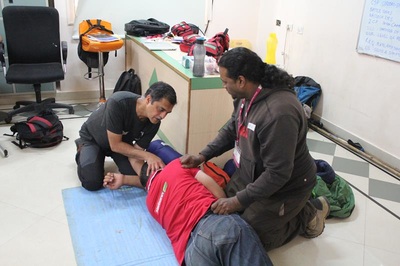
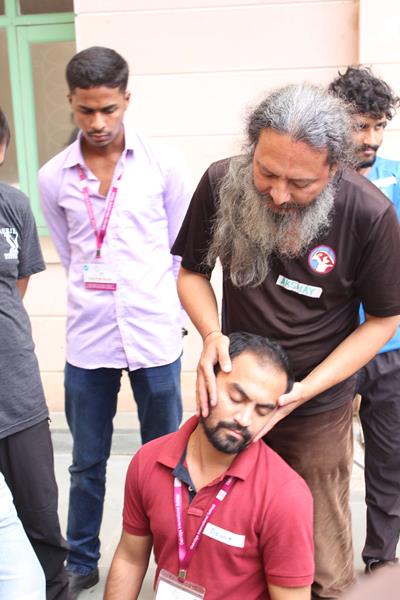
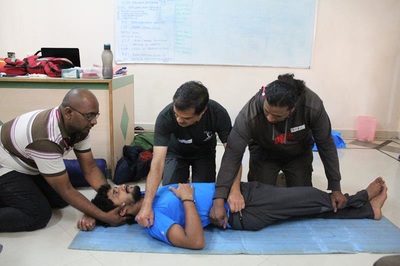
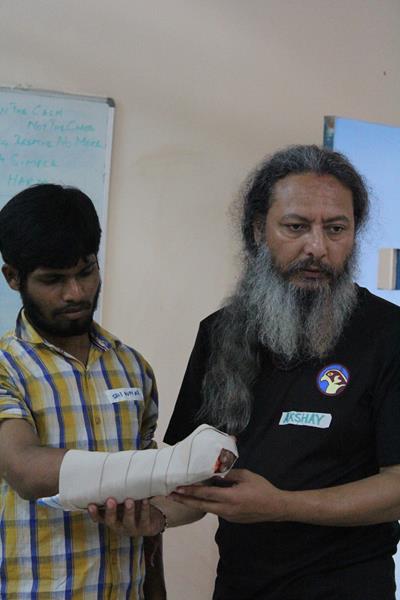
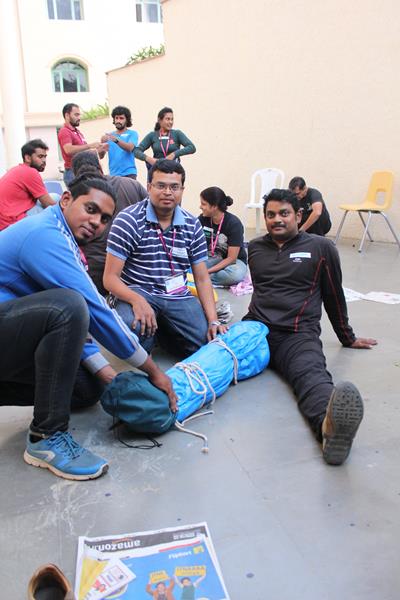
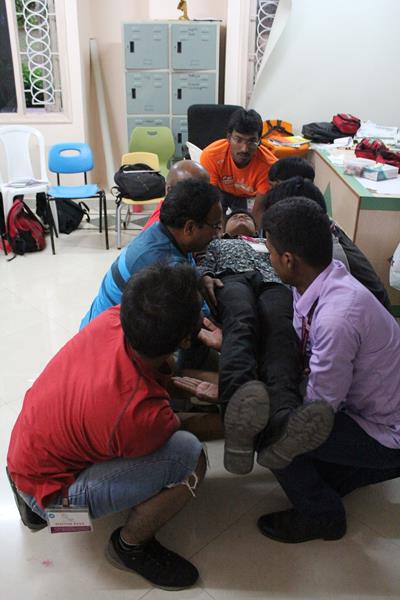
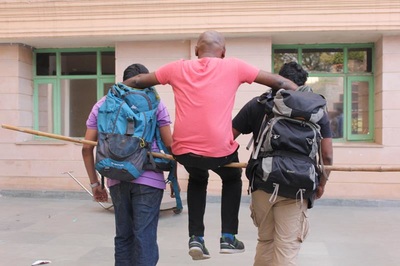
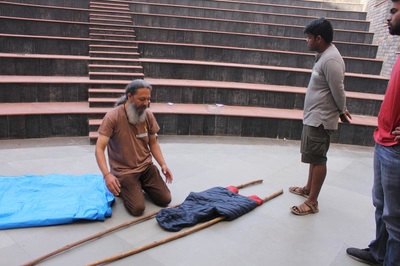
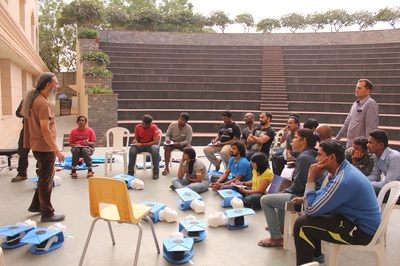
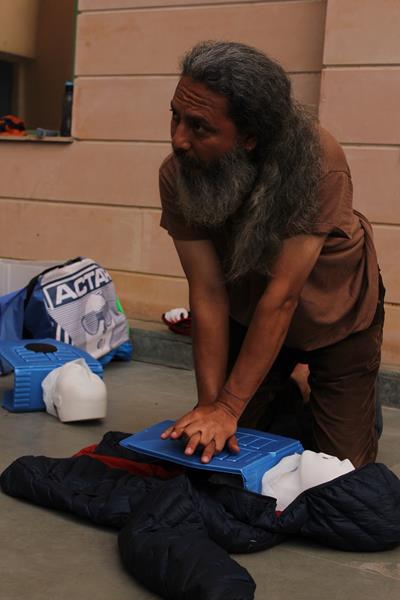
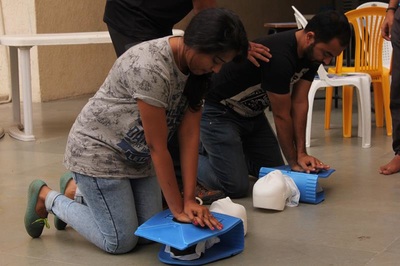
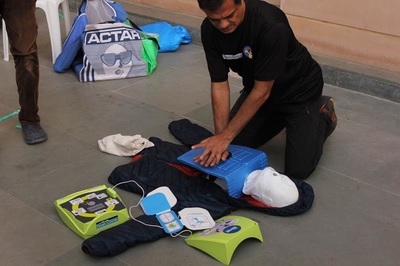
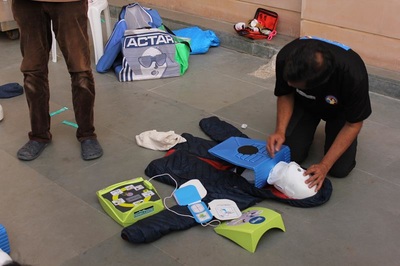
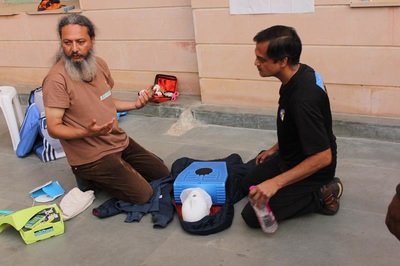
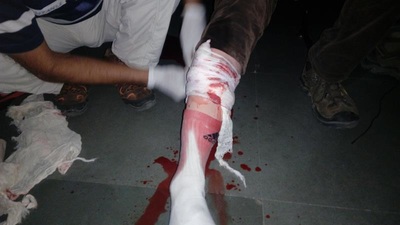
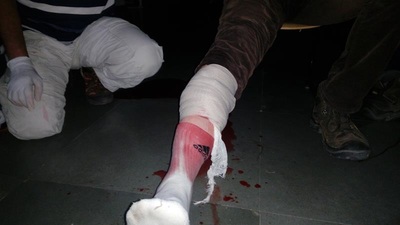
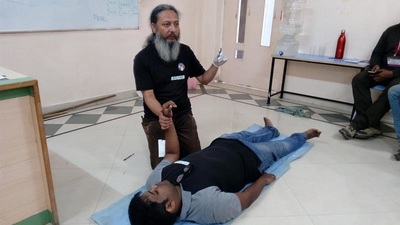

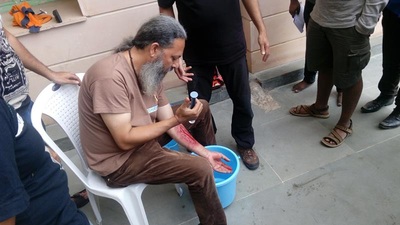

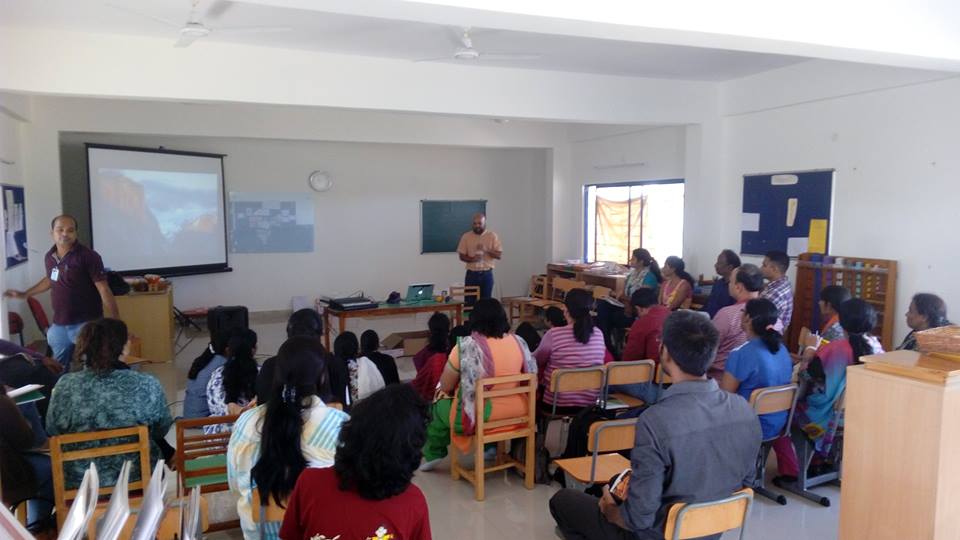
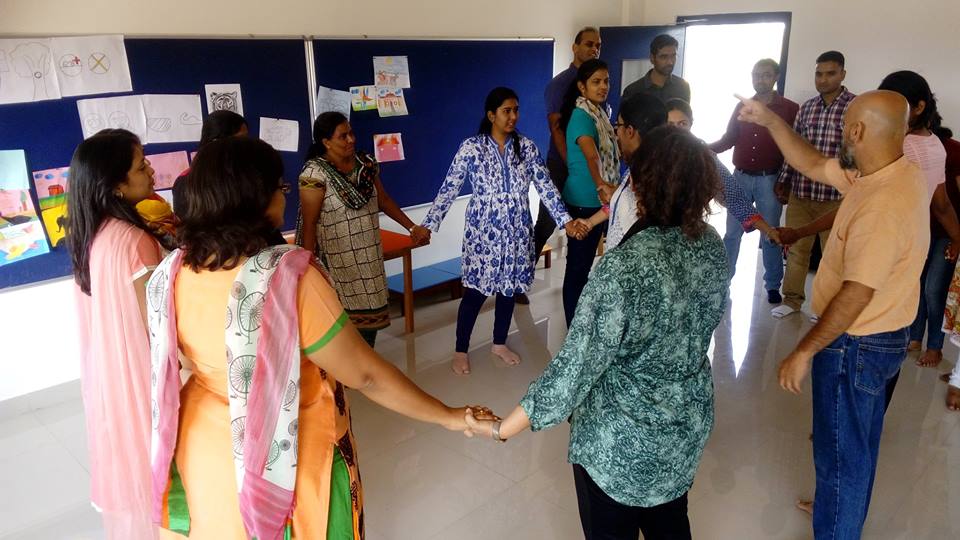
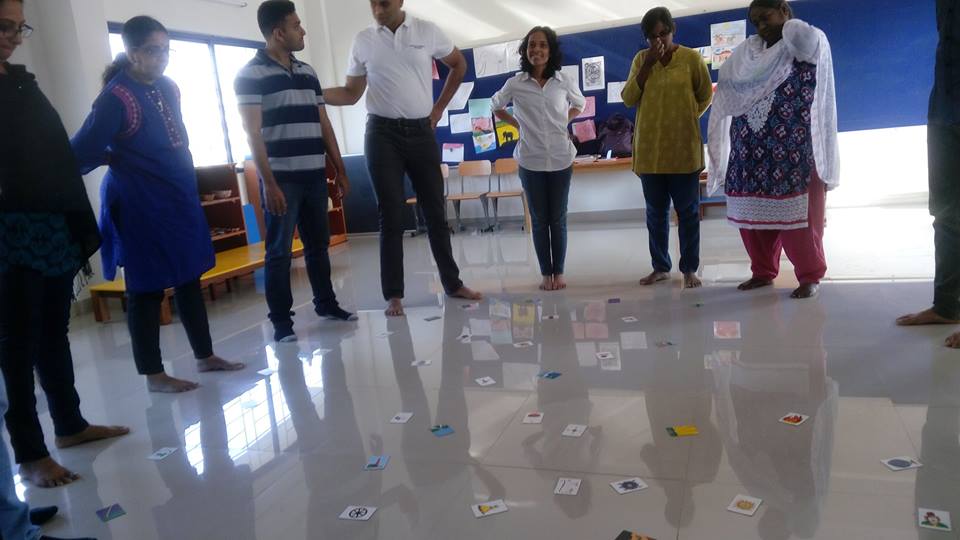
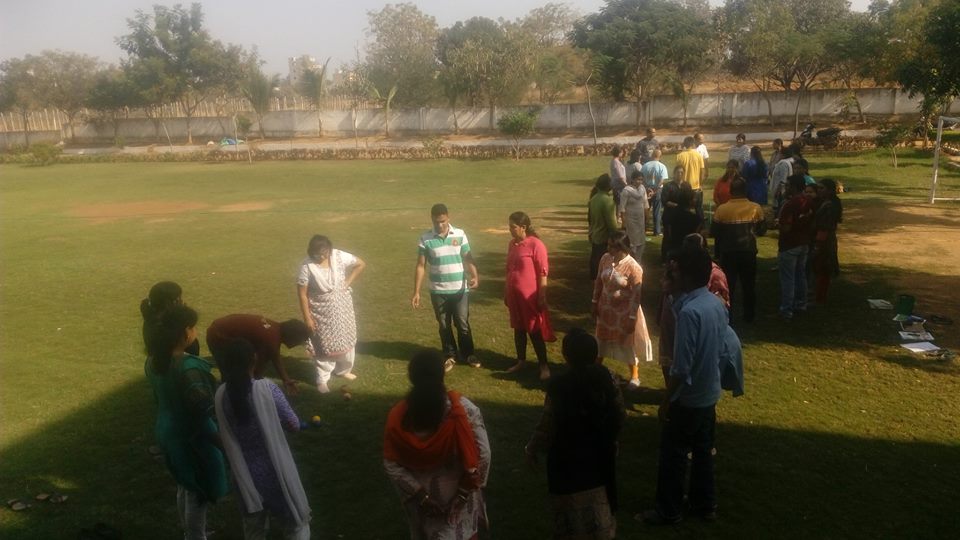
 RSS Feed
RSS Feed
